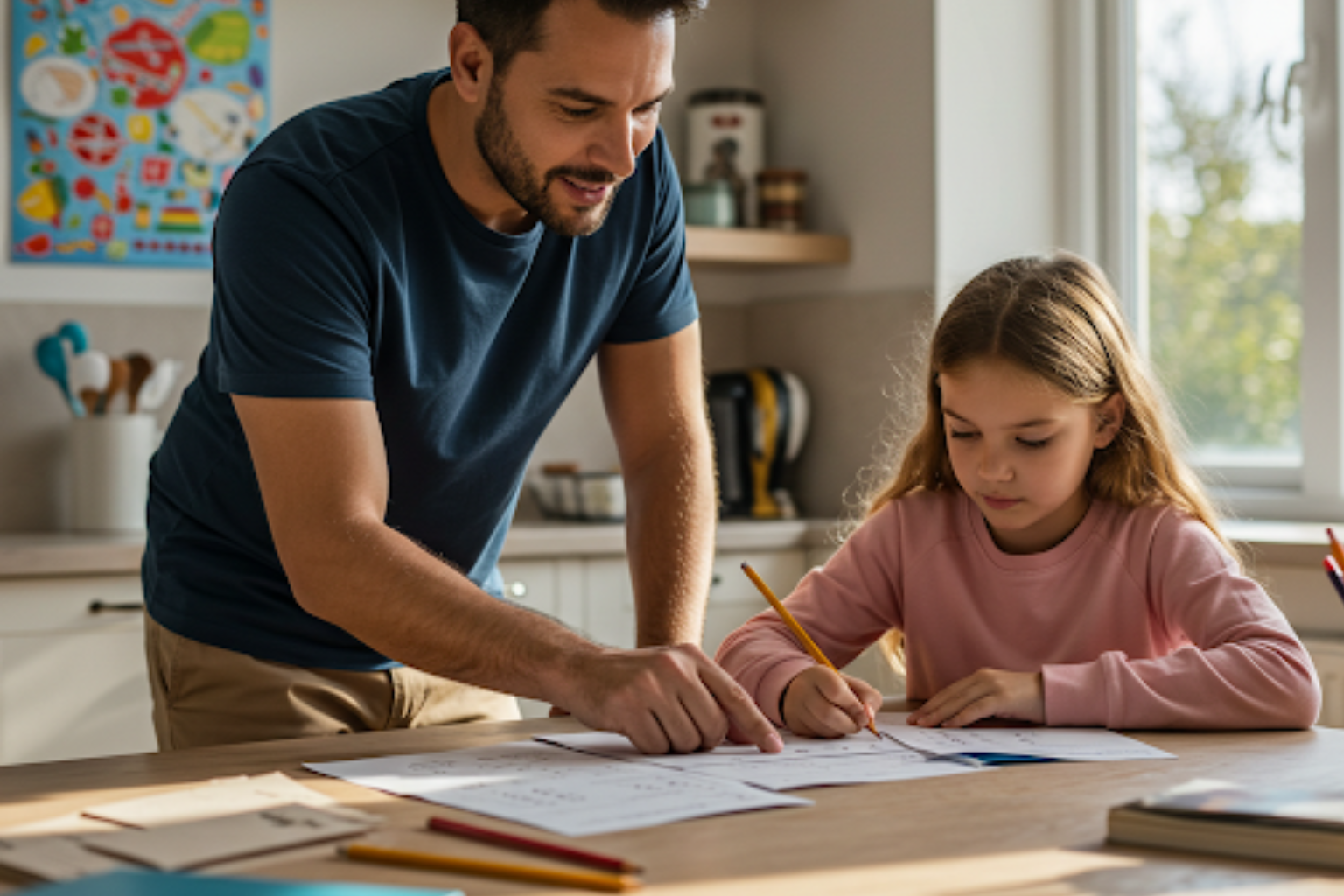The role of fathers has evolved significantly over recent decades. Today, active fatherhood means more than providing financial support—it includes emotional presence, participation in daily routines, and shared responsibility for raising children. This modern view of parenting promotes healthier relationships, stronger family bonds, and well-rounded children.
In this article, we explore what active fatherhood looks like, why it matters, and how to embrace it fully.
1. Understanding the Shift in the Role of the Father
In the past, fathers were often seen primarily as providers. But modern families now expect more balanced roles between mothers and fathers.
Key Changes:
- Greater emotional involvement
- Shared responsibilities in caregiving
- Participation in decisions regarding child development
Fathers are no longer expected to be distant authority figures—they’re partners in the parenting journey.
2. Emotional Availability and Support
Children need emotional security from both parents. Fathers who are emotionally present help build strong foundations of trust and confidence.
How to Be Emotionally Available:
- Listen without judgment
- Validate your child’s emotions
- Offer comfort and support during difficult times
When fathers show vulnerability and empathy, children feel safe to express themselves.
3. Daily Involvement in Routines
Being part of the everyday rhythm of your child’s life creates deeper bonds and helps normalize the presence of both parents in caregiving.
Examples of Daily Involvement:
- Preparing meals or snacks together
- Helping with homework
- Participating in bedtime routines
These simple moments are powerful in building connection and trust.
4. Shared Responsibilities with the Co-Parent
Parenting works best as a team effort. Sharing the load ensures no one feels overwhelmed and sets a positive example for children.
Ways to Share Responsibilities:
- Alternate school pickups and drop-offs
- Divide household chores equally
- Discuss parenting strategies regularly with your partner
This teamwork fosters a more balanced and respectful home environment.
5. Promoting Respect and Equality in the Home
Fathers have a unique opportunity to model respectful behavior and gender equality through their actions.
What Children Learn:
- Cooperation instead of dominance
- Equality between partners
- Healthy conflict resolution
These lessons are especially important in breaking outdated gender norms.
6. Encouraging Play and Exploration
Fathers often bring a playful and adventurous energy that complements other parenting styles.
Benefits of Father-Led Play:
- Boosts creativity and problem-solving
- Builds resilience through physical activity and exploration
- Strengthens emotional connection through shared joy
Play isn’t just fun—it’s a key part of development.
7. Supporting Children’s Education and Learning
Active fathers contribute meaningfully to their children’s academic life and cognitive growth.
How Fathers Can Support Learning:
- Attend school events and meetings
- Read together at home
- Encourage curiosity and questions
When children see their father engaged in their learning, they gain confidence and motivation.
8. Being a Role Model Through Actions
Children are always watching. A father’s daily actions teach far more than lectures.
Model These Values:
- Honesty and integrity
- Respect for others
- Self-discipline and accountability
Modeling these behaviors helps children develop into emotionally intelligent and responsible adults.
9. Maintaining Self-Care and Emotional Balance
Being an active father also means taking care of yourself so you can give your best to your family.
Self-Care for Dads:
- Get enough rest and manage stress
- Maintain friendships and hobbies
- Seek support when needed
Fathers who prioritize well-being are better equipped to be present and supportive.
10. Embracing the Journey of Imperfection
No parent is perfect, and that’s okay. What matters most is effort, consistency, and love.
Reminders for Every Father:
- Mistakes are part of learning
- Apologizing and improving shows strength
- Being present matters more than being perfect
Fatherhood is a journey, and active engagement makes all the difference.
A New Standard of Fatherhood
Active fatherhood is not a trend—it’s a powerful and necessary evolution in how we raise the next generation. Fathers who are emotionally available, involved in routines, and committed to equality contribute to healthier, happier families.
By embracing a nurturing and hands-on role, fathers help shape a more compassionate, balanced, and connected world for their children.
